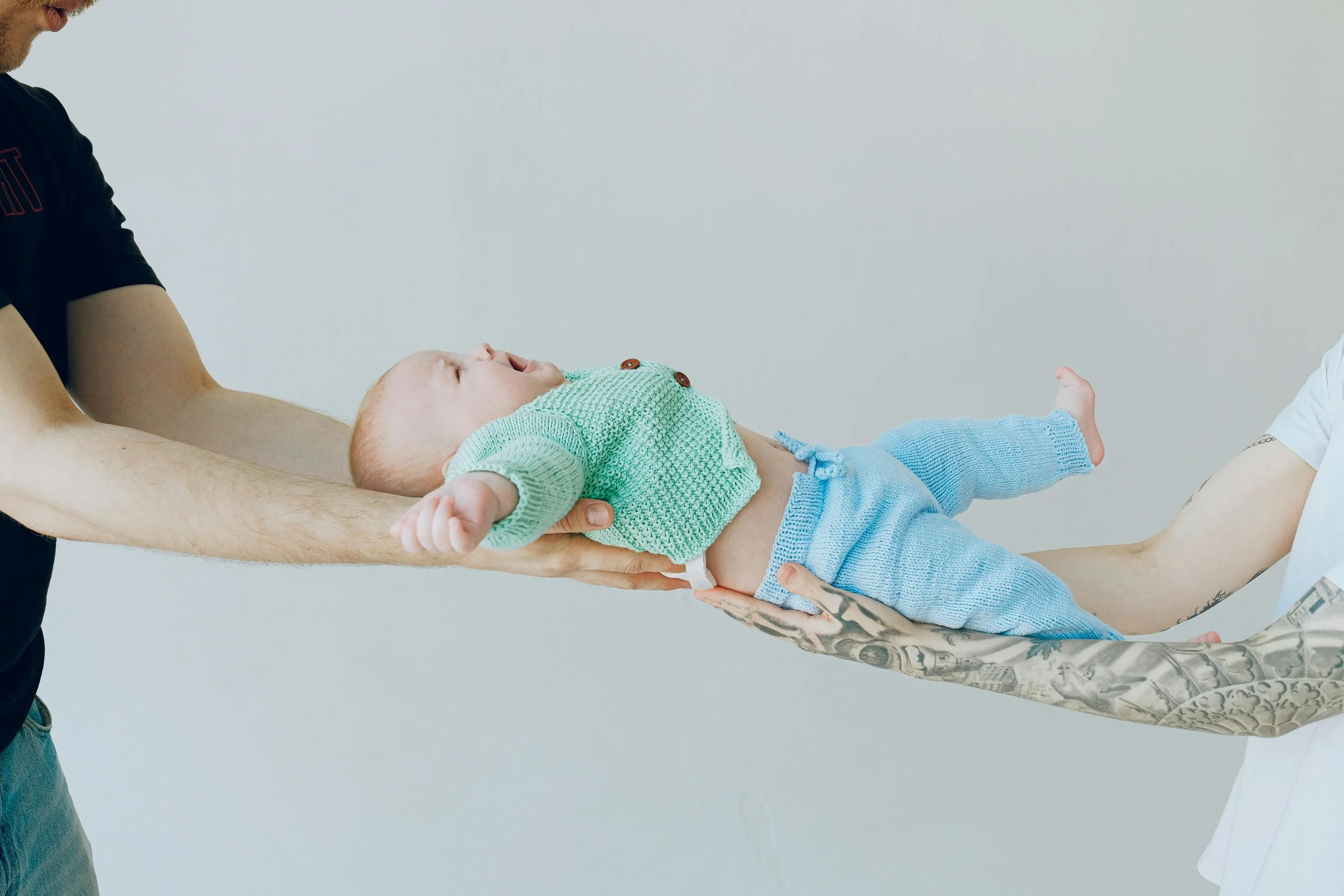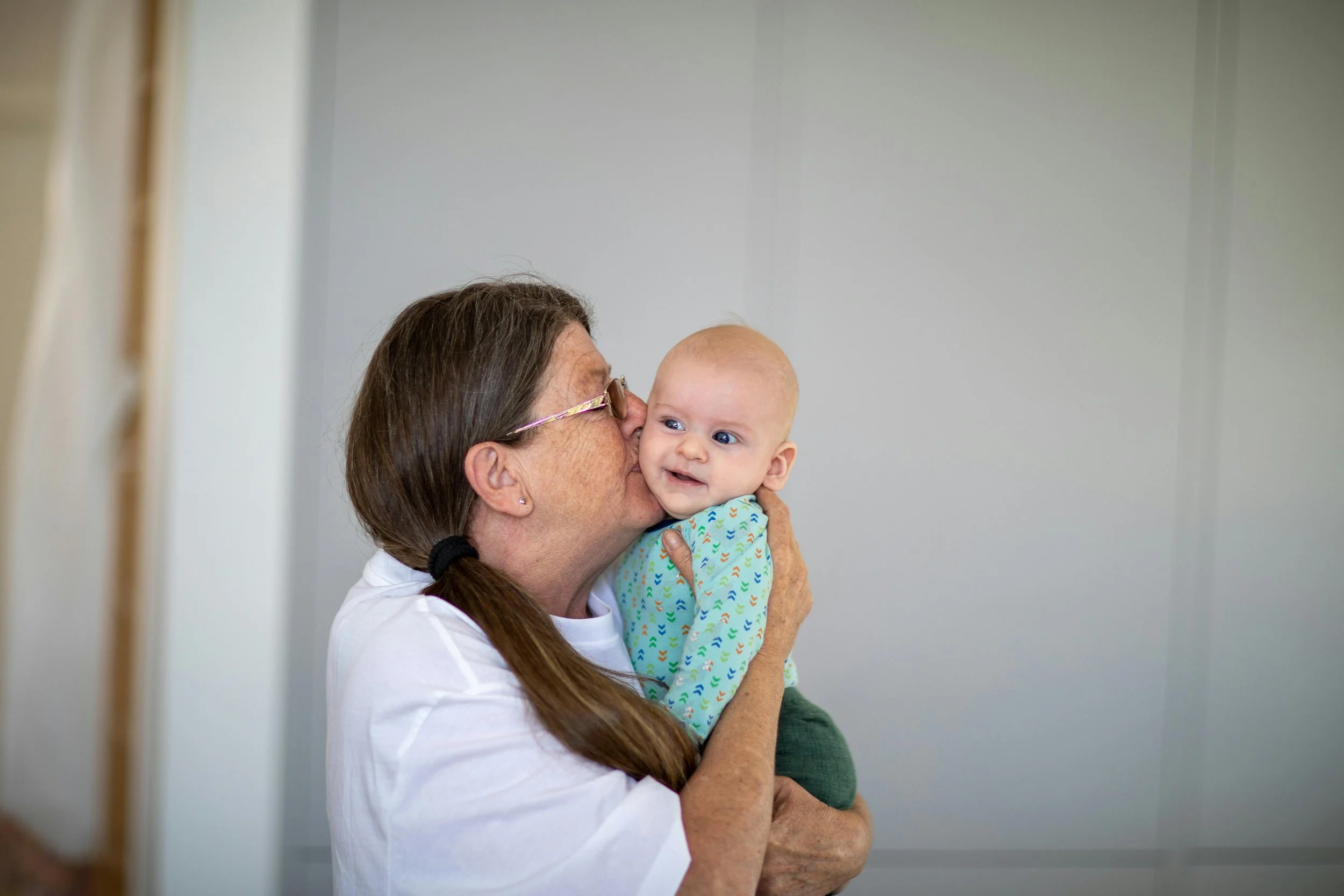Can You Get Pregnant After Menopause?
Menopause brings many changes to your body, and for some women, it also brings new questions about fertility. One of the most common is simple but important: can you get pregnant after menopause?
Whether you're planning, preventing, or just curious, understanding the difference between fertility before, during, and after menopause is key. Many women are surprised to learn that the answer depends on timing, hormone levels, and a few important definitions.
Let’s break it all down, so you can feel more informed and confident about what is possible.
What Is Menopause, Exactly?
Menopause is defined as the point in time when you have gone 12 consecutive months without a menstrual period. This marks the end of your natural reproductive years, as your ovaries stop releasing eggs and oestrogen levels remain consistently low.
The stage leading up to menopause is called perimenopause. During this time, your hormones begin to fluctuate, periods may become irregular, and symptoms like hot flushes, mood changes, or weight gain can appear. If your body is still ovulating during this stage, pregnancy is still possible, even if it is less likely.
For more on this transition, check out our guide to how to get rid of menopause belly and what causes those persistent changes around your waistline.
Can You Get Pregnant After Menopause?
So, really, can you get pregnant after menopause? The short answer is no. After menopause, pregnancy is no longer possible naturally. Once your body has completely stopped ovulating and your hormone levels remain low, the biological process needed to conceive no longer occurs.
However, there is a catch. Many women enter perimenopause and think they are already menopausal, especially if they have not had a period in a few months. But unless you have passed the full 12-month mark without a cycle, ovulation can still happen, and after menopause pregnancy is possible only in rare cases with medical intervention.
Can You Get Pregnant During Menopause?
Wondering if you can get pregnant during menopause? Yes, you can. During perimenopause, even if your cycle is irregular, your ovaries may still release an egg occasionally. If you are not using contraception and are sexually active, pregnancy can still occur.
While the chances of conceiving naturally in your late 40s or early 50s are lower, it is not impossible. That is why doctors often recommend using protection until menopause is fully confirmed.
If you are experiencing symptoms like irregular periods, hot flushes, or fatigue but are unsure what stage you are in, it is worth speaking to your doctor. You may also want to learn more about hot flashes that are not menopause-related, especially if you are noticing unusual symptoms without a clear explanation.
What About IVF or Assisted Reproduction?
Although you cannot get pregnant naturally after menopause, assisted reproductive technologies such as IVF can make pregnancy possible for some women using donor eggs. This is more common among women who have entered early or premature menopause, or those choosing to have children later in life.
With hormone support and a carefully managed process, a small number of women do carry healthy pregnancies after menopause with medical help. This is not a typical option, but it is available in some circumstances.
Risks of Pregnancy Later in Life
Pregnancy during perimenopause or with medical assistance after menopause carries higher risks. These may include:
High blood pressure
Gestational diabetes
Miscarriage
Placenta complications
Early labour or cesarean delivery
That said, many women have healthy pregnancies in their forties and even fifties. If you are considering pregnancy at this stage, it is essential to have a full health assessment and work closely with a fertility specialist and your GP.
How Do You Know What Stage You Are In?
Hormone testing can help confirm whether you are in perimenopause or have reached menopause. Tests usually check your follicle-stimulating hormone (FSH) levels, oestrogen, and sometimes progesterone.
If you are still having occasional periods or symptoms are fluctuating, it is likely that you are in perimenopause and should still use contraception if you are not trying to conceive.
Birth Control During Perimenopause
If you do not want to become pregnant, it is important to continue using contraception until you have gone 12 full months without a period. Hormonal options may also help reduce symptoms like heavy bleeding or cramps. Non-hormonal methods, like copper IUDs or condoms, are also suitable for many women during this time.
Caring for Your Body During the Transition
Whether or not pregnancy is on your mind, supporting your health during this time can make a big difference. Focus on:
Balanced nutrition
Movement and strength training
Managing stress and sleep
Tracking your symptoms
Staying connected with your healthcare team
If you are dealing with changes to your body shape or weight gain, visit our article on how to get rid of menopause belly for supportive tips that are kind to your body and your mind.
The Takeaway
So, can you get pregnant after menopause? Naturally, no. But during perimenopause, the answer is still yes. Until you reach the full menopause mark, pregnancy is still possible, even if it is less likely. After menopause, pregnancy is only possible through medical intervention.
If you are unsure about where your body is in this transition, speaking with a practitioner can provide clarity and peace of mind.
Need Support with Menopause or Midlife Fertility?
At Evergreen Doctors, we support women through every stage of the menopause journey. Whether you are navigating symptoms, thinking about fertility, or just want to feel more in tune with your body, we are here to help.
Book a consultation today to get clear answers, practical support, and a plan that works for your life.


